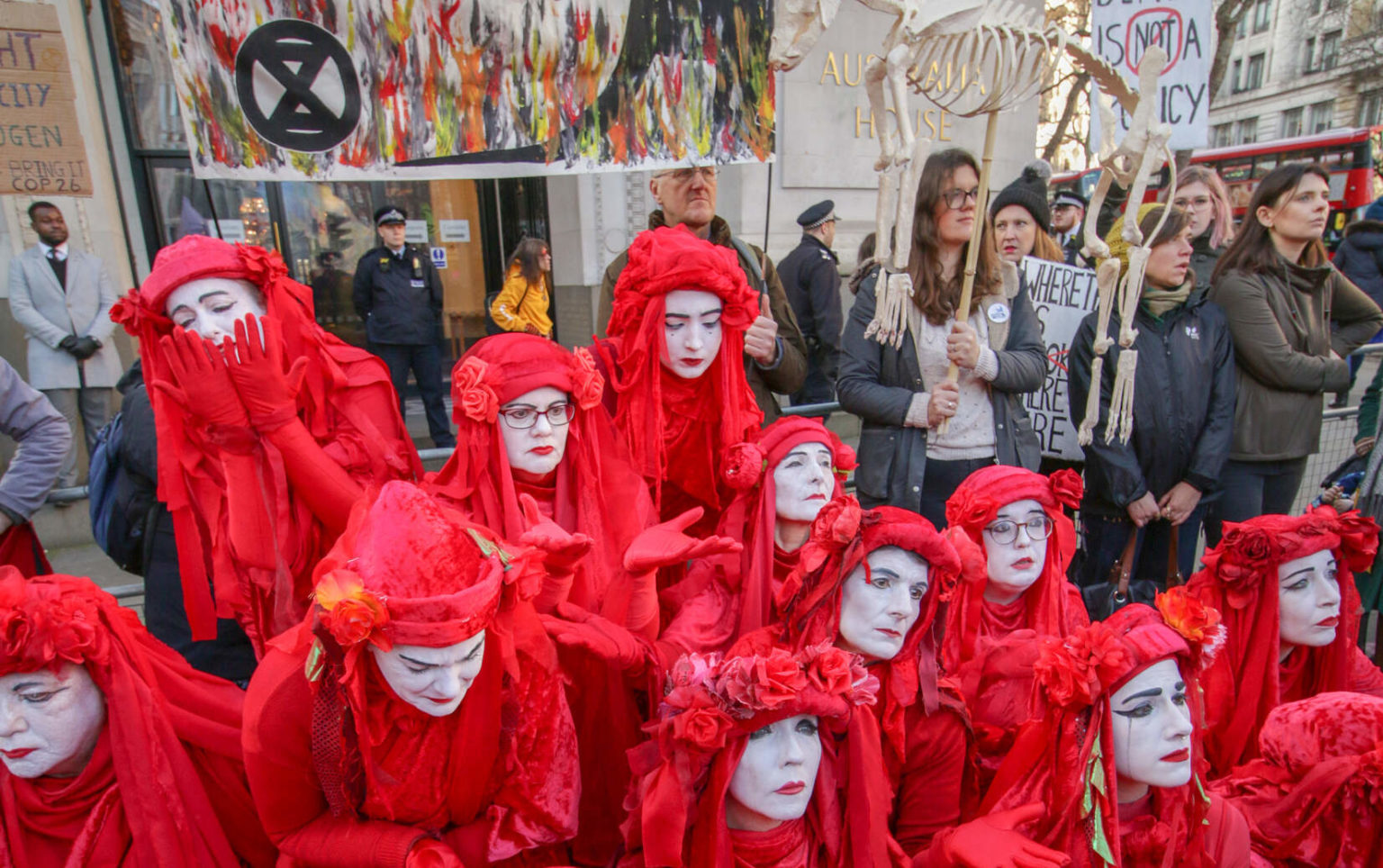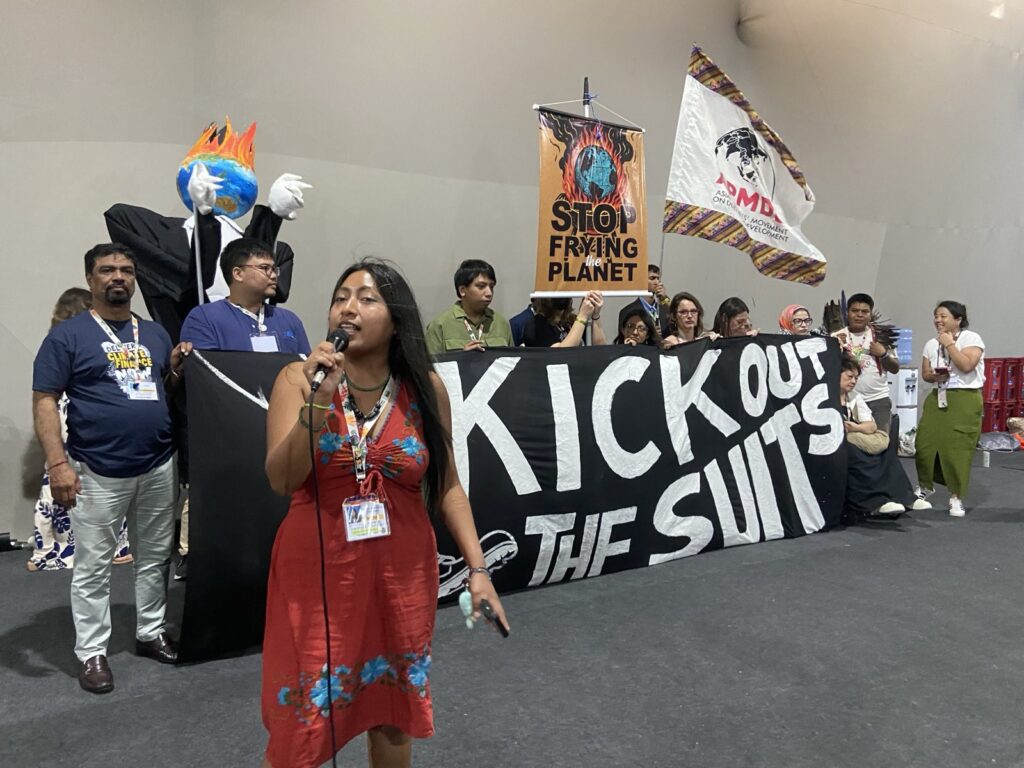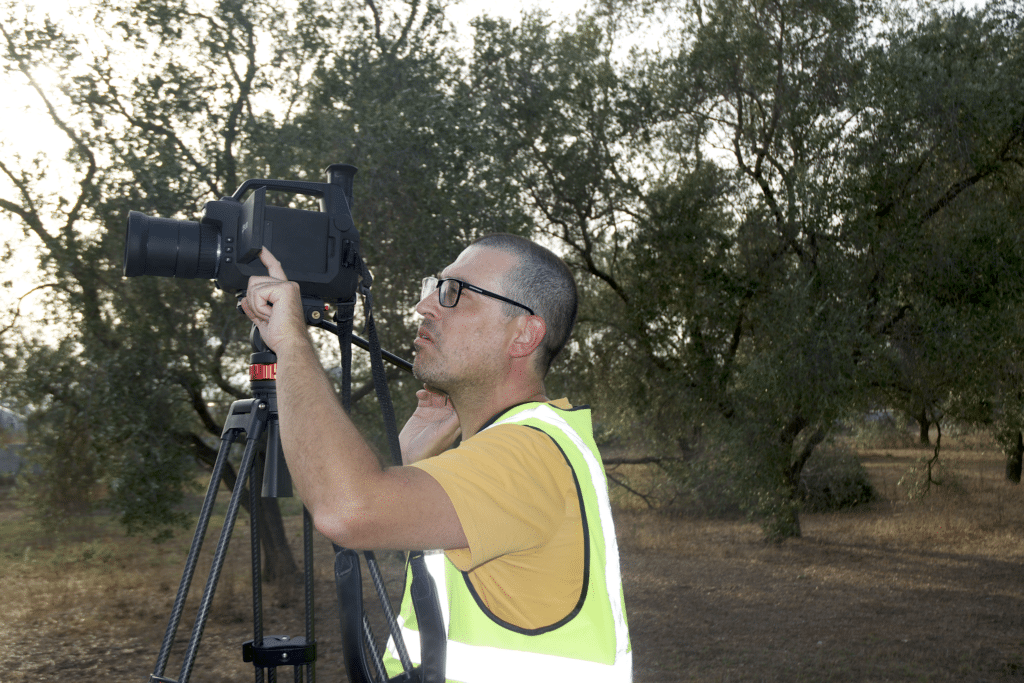By Marc Hudson, Researcher on Sociomaterial Transformations at Keele University, for The Conversation
Extinction Rebellion was once criticised by other activists for “love bombing the cops”, but now it has found itself labelled a terror threat. In a guide sent to teachers by counter-terrorism police, the non-violent group’s logo and activities were described to help them spot students who may be involved.
The guide – which includes neo-Nazi and Islamist terror groups – has since been withdrawn and Extinction Rebellion may yet sue, but this extreme response should come as no surprise to anyone who has been paying attention to how states are treating environmental protest.
‘Extremists’
In 2015, the Federal Australian government released a similar booklet called “Preventing Violent Extremism and Radicalisation in Australia”. It shared the story of “Karen”, who “attends an environmental protest and gets mixed up with a radical green group”, eventually dropping out of school to “devote herself to forest protests”. Here also, Karen the environmentalist appears alongside neo-Nazis.
Alerting teachers to environmental protest is one thing, but more direct state confrontation has a much longer lineage in the UK. In 1968, in response to anti-Vietnam War protests that turned violent at the US Embassy, the Metropolitan Police was instructed by the government to establish the Special Demonstration Squad, nicknamed “the Hairies”.
In its 40 year history, the squad deployed officers in a range of (mostly left-wing) protest groups. I was at the Earth First! gathering in 2003 when Mark Stone (actually Mark Kennedy) made his first appearance. In 2010, having been involved in environmental protests across Europe, Stone was finally exposed following an investigation by his erstwhile comrades.
Other police officers deployed in Climate Camp were also uncovered, and a public inquiry is still underway. Several women were targeted by police spies for relationships. In one case, an activist was impregnated and deserted by an undercover police officer. But this sort of spying isn’t merely the preserve of national government. Recently, it was revealed that Sheffield council wanted the police to hand over details of tree campaigners.
In the US, the FBI has had a long history of spying on environmental organisations, and even encouraging violence against them. In 1990, Earth First! activist Judi Bari was seriously injured after a nail bomb detonated in her car. In 2002, four FBI agents were found guilty of trying to frame Bari for the bombing.
Since then, the persecution of environmental activists has only worsened, with the high-profile murder of Berta Caceres in 2016. The work of Peace Brigades International – a non-violent peace-keeping organisation – now includes protecting environmental campaigners. Meanwhile, as the ecological crisis deepens and more people feel obliged to do something, security forces around the world are becoming more involved in the surveillance – and interruption – of peaceful movements for environmental protection.
Getting worse?
Reputational smears and the threat of violence are intended to make recruitment and retention more difficult for protest groups, and this can be very effective. But will increased police scrutiny hamper Extinction Rebellion? Research on social movements suggests that getting involved in high-risk action usually takes place via friendship or community networks, but one of the interesting features of Extinction Rebellion is just how many people, little known to each other initially, were “up” for arrestable action.
This could mean that existing theories of social movements are inadequate for understanding Extinction Rebellion, but it may also mean that, without strong interpersonal links to rely on when the going gets tough, the group will go up like a rocket and down like a stick.
Time will tell, but there is a certain naïveté here. If you call yourself a “rebellion” and demand fundamental change from powerful forces like the state and corporations, you should expect a response. The next foreseeable arena is Glasgow, as the world prepares for COP26.
Extinction Rebellion has told its followers that “all roads lead to COP26 … We must be there in our droves”. There is a lot at stake, for the movement and climate action. Don’t be surprised if the crackdown continues against Extinction Rebellion.
Image credit: © Peter Brooks
Subscribe to our newsletter
Stay up to date with DeSmog news and alerts






